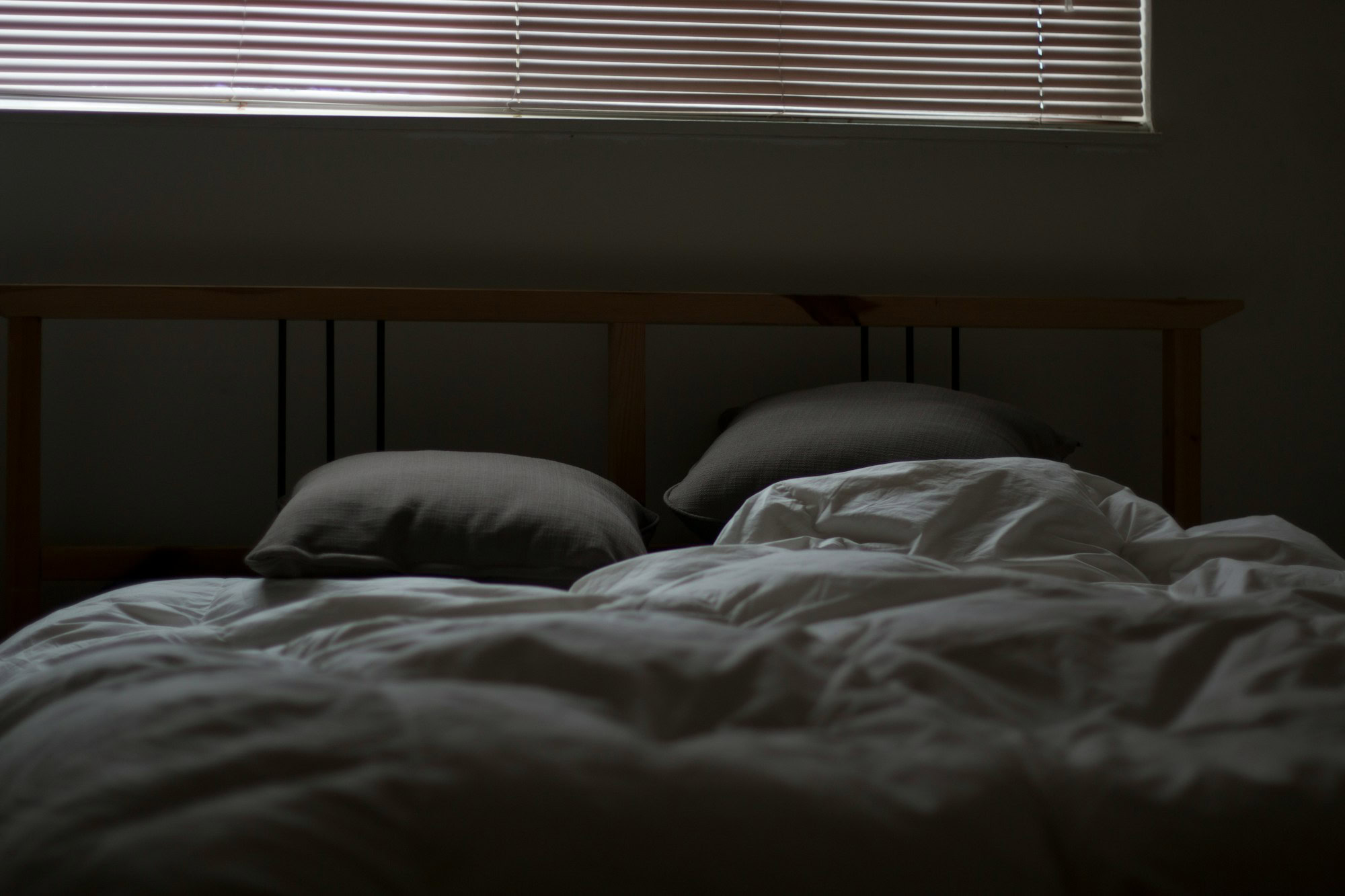Struggling to fall asleep can feel like an endless cycle of frustration. Lying in bed, staring at the ceiling, hoping to drift off, only to find your mind wide awake. If insomnia is starting to take over your nights (and maybe even your days), it’s time to try something different.
Are You Stuck in a Routine That Isn’t Working?
Many people fall into the same nightly habits, convinced that a warm glass of milk or counting sheep will eventually do the trick. But what if your usual go-tos aren’t helping anymore? Instead of doubling down on ineffective routines, try shaking things up with some unique approaches you might not have considered before. Here’s where it gets interesting.
Experiment with Nature’s Sleep Aids
Natural remedies aren’t just old wives’ tales. There’s growing evidence that plants, herbs, and other natural products can help calm your mind and body. One option worth exploring is The Hemp Doctor flower collection. Many have found that hemp-derived products, with their natural properties, can create a soothing pre-sleep experience when incorporated into a bedtime routine.

Reset Your Circadian Rhythm with Light and Darkness
Are you paying enough attention to light exposure throughout your day? Your internal clock, also known as your circadian rhythm, relies on light signals to tell your body when it’s time to be alert and when to wind down.
- During the day, prioritize sunlight. Spend at least 20 minutes outside in natural light, especially in the morning. This anchors your circadian rhythm and reinforces your body’s wake-up cues.
- At night, minimize blue light from screens. Even small exposures can trick your brain into thinking it’s daytime, delaying melatonin production.
- Consider investing in blackout curtains or a sleep mask to create total darkness in your bedroom.
By mastering light control, you’re giving your body clearer signals about when to sleep and when to wake.
Breathing Techniques That Actually Work
Have you ever thought about how you’re breathing when you’re lying awake at night? Your breath plays a major role in calming your nervous system, and specific techniques can signal your body to relax.
One popular method is the 4-7-8 technique:
- Inhale deeply through your nose for a count of 4.
- Hold your breath for a count of 7.
- Exhale slowly through your mouth for a count of 8.
Repeat this cycle a few times, focusing on the rhythm. It’s not magic, but it’s a simple way to help slow a racing mind and prepare for sleep.

Break the Cycle of Overthinking
Ever notice how your brain seems to find its busiest moments just as your head hits the pillow? That’s classic overthinking, and it’s a huge culprit behind insomnia. The trick isn’t to fight the thoughts—it’s to redirect them.
Here’s an idea: keep a notebook by your bed and try a “brain dump.” Spend five minutes writing down every single thing on your mind—tasks, worries, or even random ideas. By getting it all out on paper, you’re giving your mind permission to let it go for the night.
Movement Before Sleep? Yes, Really.
Conventional wisdom says to avoid exercise close to bedtime, but gentle movement can actually be beneficial for relaxation. Think low-intensity activities like yoga or stretching—nothing that gets your heart racing.
Certain poses, like a child’s pose or legs up the wall, encourage deep relaxation and help lower your heart rate. These movements signal your body that it’s time to transition into rest mode.
Rethink Your Sleep Environment
If you’ve been battling insomnia, it’s worth taking a closer look at your bedroom setup. Small tweaks can make a big difference:
- Temperature – Your bedroom should be cool, ideally between 60-67°F. Overheating can wake you up in the middle of the night.
- Noise – Use white noise machines or apps to mask background sounds that might disturb your sleep.
- Clutter – A messy space can make it harder for your brain to relax. Spend five minutes tidying up before bed.
Think of your bedroom as a sleep sanctuary. The less stimulation, the better.

Create a Bedtime Ritual That Sticks
How you wind down at night sets the tone for your sleep. Instead of scrolling on your phone or watching TV, experiment with activities that actively prepare your body for rest. For example:
- Take a warm bath with calming essential oils like lavender.
- Spend 10 minutes meditating or practicing mindfulness.
- Read a light, non-stimulating book to shift your focus away from stress.
The key is to be consistent—over time, your brain will start to associate these habits with sleep.
When Sleep Still Feels Out of Reach
If you’ve tried all of the above and are still wide awake, don’t just lie there tossing and turning. It sounds counterintuitive, but getting out of bed for a few minutes can help. Go to a dimly lit room and do something calming, like listening to soft music or journaling, before trying again. This resets the cycle and reduces the frustration of lying awake.
What Will You Try Tonight?
Insomnia doesn’t have to rule your life. Whether it’s incorporating natural aids, practicing a new breathing technique, or rethinking your nighttime environment, there are so many small changes that can make a big difference. Why not experiment with a few of these tonight? You might just find the perfect combination to help you finally drift off.
